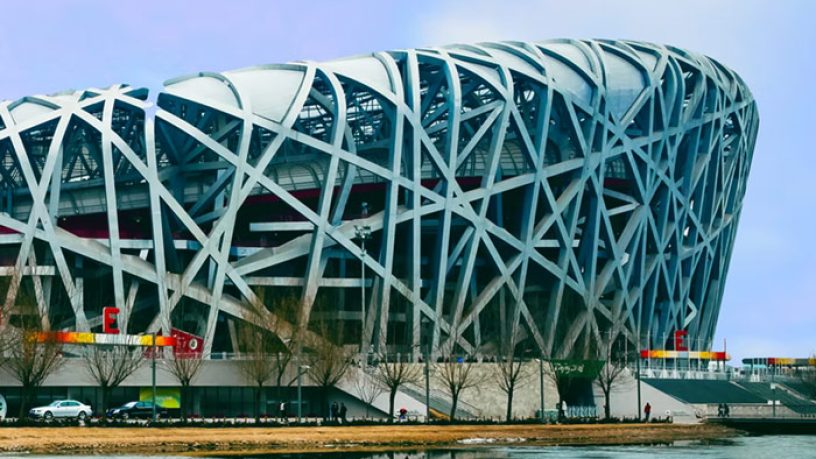For the Western world, China’s economy and political system is and remains a paradox – no less so since Xi Jinping’s vision of collectivity has increasingly taken concrete shape with measures, sanctions or specifically tightened regulations. From the Chinese perspective, short-term corrections are necessary to return to national greatness as the communist party’s ultimate goal.
By Roger Frey, CIO, Quilvest (Switzerland) Ltd
Said corrections do not stop at social aspects either: Under the doctrine of collectivity, everyone has to contribute – even the younger generation, which the party believes is too involved with video games instead of working productively to achieve the supreme goal. Public school companies are being punished as they have become unaffordable for the majority of the population. Internet consumption and its platforms get a lot of money and enjoy too many freedoms, but lack the innovation needed to ensure China’s technological progress.
Environmental awareness, balance from an economic and social perspective as the foundation of the new, modern China. Is China really a true “ESG” nation?
“Not for the faint-hearted, but China High Yield is worth buying here and now.”
Unaffordable financing costs in the real estate sector
The costs of these short-term, sometimes severe tightening measures are reflected in the current economic performance and ultimately in the financial markets. The monetary situation remains tight, while not much can be expected from a fiscal policy perspective. Raw materials and other production facilities are struggling with low capacity utilisation due to increased environmental regulations, which is sometimes reflected in the energy supply and its prices.
However, developments in the housing market and its builders show that China has tightened the screw too much. The collapse of Evergrande, and sometimes the threat to the entire real estate and construction industry, could have draconian consequences for China and its economy. Financing costs on the international bond markets for the construction giants have become prohibitive. Interest rates of well over 20% can hardly be afforded by even well-off companies in the long run. Such interest rates or yields were last measured in 2012, during the last real estate crisis in China. In the meantime, uncertainty has also increased on the local bond markets, leading to greater price discounts and higher refinancing costs.

No drying up of the international bond market
In fact, China has been taking countermeasures for a few weeks now, which means that the remaining real estate companies are seeing increased support for their business activities.
Currently, international investors believe that practically one in four construction companies will go bankrupt. Although it is thought that USD-denominated bonds may be treated worse than local debt in the event of a default, these are probably far too pessimistic assumptions. Even China’s real estate sector cannot afford a drying up of the international bond market as a source of financing, which is assumed if the prices of these bonds are taken as a benchmark.
Way too big to fail
The real estate sector is considered “way too big to fail”, insofar as one can assume that China will do everything in its power not to cause a systemic crisis. Most probably, Evergrande in its original form will fall by the wayside and the state will not take over its debts. However, that the same fate befalls practically every fourth construction giant in China would divert China from its long-term path. Not for the faint-hearted, but China High Yield is worth buying here and now.
Credits:
Photo #01 – Beijing National Stadium (Bird’s Nest) – by Rafik Wahba
Photo #02 – The Uncomplicated Guide to Investing by Yiorgos Ntrahas
